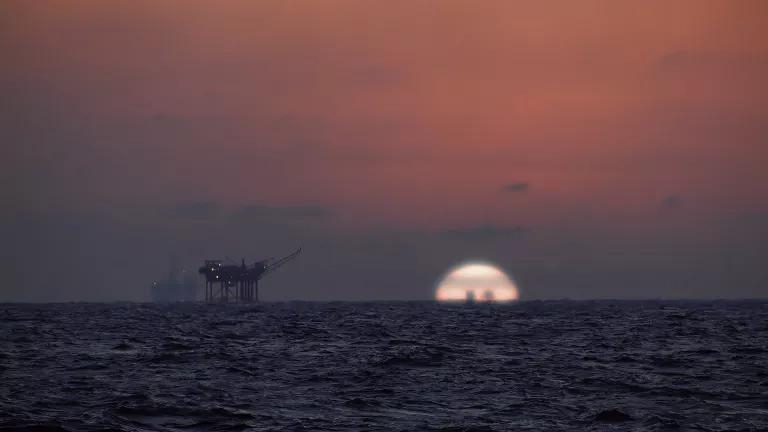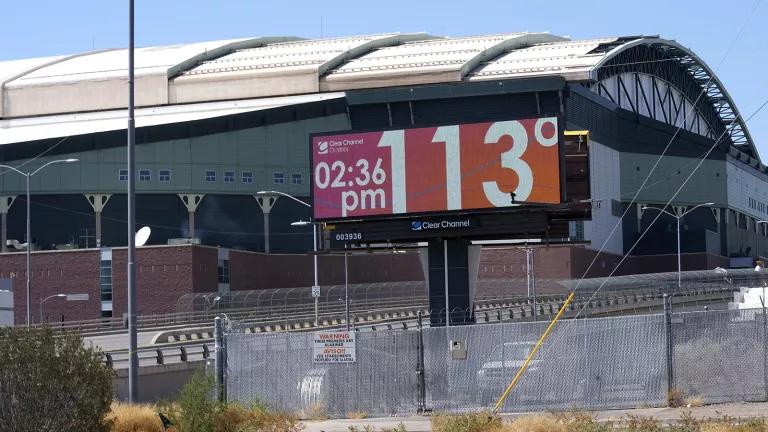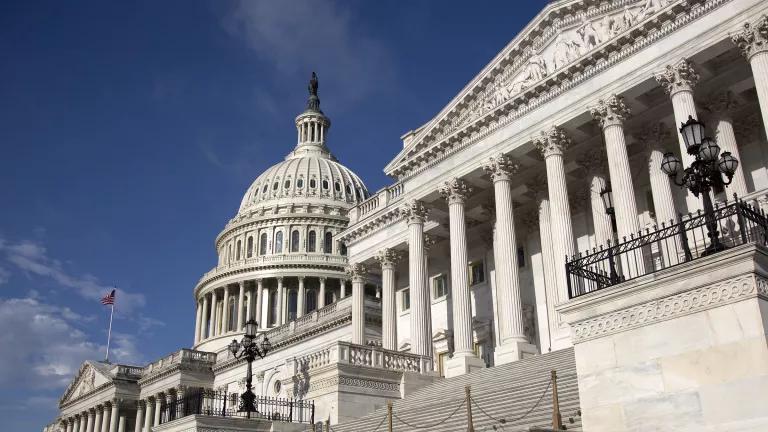Canada at the Crossroads

Darryl Dyck/The Canadian Press via Associated Press
Will Prime Minister Justin Trudeau live up to his early promise as an international environmental leader? Or will he and his government revert to business as usual?
The presidency of Donald J. Trump has sent the American environmental movement into triage mode, with most of its energies going toward countering the near-daily onslaught of attacks his administration has launched against our air, water, wildlife, and public health. In the midst of our national struggle, it’s been tempting to look admiringly to Canada, our friendly neighbor to the north, as an example of a nation whose leader appears to take climate change seriously and who doesn’t seem to be devoted—as our own leader is—to rolling back his country’s environmental protections, jeopardizing its national monuments and sacred spaces, and putting its oil and gas interests ahead of the public interest.
But recent steps taken by Justin Trudeau, Canada’s undeniably charismatic and telegenic prime minister, now have some people wondering if that admiration has been misplaced. At the very least, these actions have served to undermine Trudeau’s self-styled reputation as a voice of climate sanity and environmental progressivism on the North American continent.
For starters, there’s his mystifying embrace of the Trans Mountain Pipeline, which could end up transporting nearly 900,000 barrels of dirty tar sands oil per day from Alberta to the coast of British Columbia, across millions of acres that are as environmentally fragile as they are culturally sacred to Canada’s First Nations tribes. If the pipeline is allowed to expand, the resulting increase in tanker traffic on the Pacific Coast will place already-endangered orcas and other marine wildlife in even greater peril. That’s just one of many reasons why Indigenous peoples, the provincial government of British Columbia, and environmentalists on both sides of the border have vigorously protested the pipeline and its proposed expansion.

Darryl Dyck/The Canadian Press via Associated Press
In late May, Kinder Morgan, the Texas-based oil infrastructure company overseeing the pipeline, let Trudeau’s government know that its shareholders could no longer tolerate all of the protests, lawsuits, and collective actions that were delaying the pipeline’s progress. Ominously, as the company awaited a formal response from Ottawa regarding its complaint, an oil spill occurred along the existing portion of the Trans Mountain Pipeline, requiring it to be shut down temporarily. Opponents of the pipeline were hopeful that the ill-conceived tar sands expansion project would soon be abandoned.
But then, disturbingly, Justin Trudeau came to Trans Mountain’s rescue. Instead of heeding the many valid concerns of those opposed to the pipeline and calling for its end, he announced that the Canadian government would be buying it, using taxpayer dollars—which is to say, not simply endorsing but effectively nationalizing this highly controversial, demonstrably unsafe project that has riven the Canadian people. “The Trans Mountain expansion project is of vital interest to Canada and Canadians,” Bill Morneau, Trudeau’s finance minister, told reporters at the time the purchase was announced. “Our government’s position is clear: It must be built and it will be built.”
Meanwhile, as progress on the Trans Mountain pipeline continues apace, so do the ongoing threats to Canada’s boreal forest, the vast and ecologically crucial greenbelt sweeping across the entire width of the country. These billion acres are at once a sacred homeland for more than 600 Indigenous communities, critical habitat for wildlife (including a number of endangered species), and a massive carbon sink that’s believed to store more than 300 billion tons of carbon in its soil, trees, and vegetation—nearly twice as much carbon as is stored in all the world’s recoverable oil reserves put together.
But industrial logging, mining, tar sands production, and hydroelectric development have taken a toll. Over the past 20 years, more than 25 million acres of Canadian boreal have disappeared, leading to the release of more than 26 million metric tons of carbon dioxide annually. Indigenous peoples who have lived, hunted, and fished in the boreal for thousands of years have watched their ancestral homeland deteriorate and their way of life slip away. And populations of boreal caribou, an iconic species that once stretched the entire width of the forest, have gone from ubiquitous to threatened, occupying only half of their historical habitat and falling to levels deemed below sustainable.

In 2015, from behind a podium at the Paris climate summit, Trudeau told the world that his government was “making climate change a top priority” and furthermore that his government would “support and implement policies that contribute to the development of a low-carbon economy.” It’s too soon to say that he was being disingenuous, but it’s not too soon to say that he has been given several opportunities to back up his words with decisive actions―and has failed to do so.
But if that’s true, then it’s also not too late for Trudeau to begin living up to the promise of those hopeful words. First, he could call for and formally implement long-term sustainability plans for caribou, to be managed by those who know the boreal forest and its wildlife the best: the Indigenous peoples who inhabit it. Coupled with a safety net order—a legal tool created under Canada’s Species at Risk Act that allows the federal government to step in when provincial governments aren’t doing enough to protect threatened or endangered species—these plans could represent a desperately needed new beginning for boreal caribou.
What’s more, these changes could establish the legal framework for a new era in Canadian environmental stewardship, one that would not only help restore caribou populations and repair relationships with Indigenous peoples, but also help Trudeau meet his nation’s carbon-cutting goals, articulated in Paris back in 2015. If newly protected caribou habitat were also deemed off-limits to logging and oil development, the amount of carbon savings—in the form of both storage and reduced emissions—would be astronomical.
Canada wants to be seen as a responsible steward of the environment and an international leader on climate. The good news is that these worthy goals are well within reach. But attaining them will require more than words. Putting an end to the disastrous Trans Mountain Pipeline project and taking steps to protect the boreal are two actions that would show the world Justin Trudeau actually means what he says.




